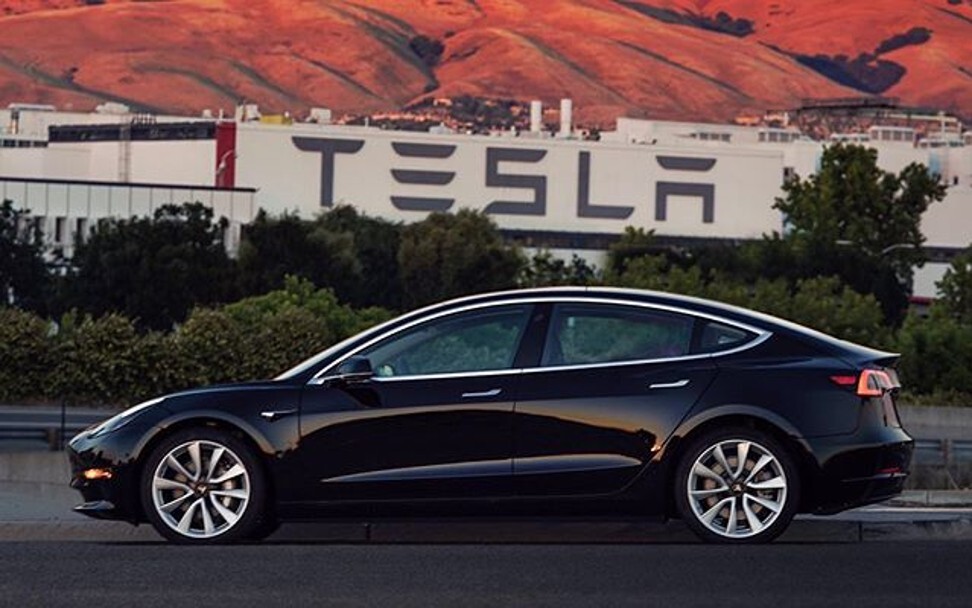Opinion / Tesla’s Model S Plaid and California’s ban on gasoline-powered cars spells the end for luxury motor brands – unless they act fast

This article is part of STYLE’s Inside Luxury column.
The managers of Porsche, Mercedes, Rolls-Royce, BMW, Bentley and most other traditional luxury and sports car manufacturers are potentially in for some sleepless nights.
Tesla’s new Model S Plaid
It will be nothing less than the quickest production car ever on the road and is set to make every other performance sedan look like a slow dinosaur from a far distant past.
The prototype of the tri-motor, 1,100-horsepower Plaid makes even the McLaren P1 supercar look slow on a track lap. The specs are out of this world. The car boasts the quickest 0-60 and quarter-mile acceleration of any production car ever, capable of reaching 60mph in under two seconds, while the quarter mile acceleration clocks under nine seconds. These numbers render any other performance combustion engine sedan – and even sports supercar – practically obsolete.

This is a nightmare for brands that have spent the last few decades cashing in on high performance sedans, as none of their fast cars – such as BMW’s M collection, Mercedes’ AMG models, and Porsche’s Turbo models – can compete with the Plaid. Years of underestimating technological shifts mean that these brands are facing a serious dilemma, and it may be too late for some.
California’s upcoming ban on combustion engine cars
The state might be home to tech hub Silicon Valley, but it plans to prohibit new petrol cars as of 2035. Although this might sound like a long ways off, the time will fly by in traditional car development terms.
And not only is California an important market for luxury car brands, the tastes of the influential and wealthy young customers there have a huge effect on the rest of US – and the rest of the world.

In the meantime, brands such as Mercedes, BMW, Bentley and Rolls-Royce will have to redefine their entire brand and technology strategies. While they have been major players for more than a century, they have since lost their competitive edge due to neglect. For instance, Mercedes could have taken the lead in electric vehicles and signalled a commitment to the technology by launching its S-class as all-electric, but instead the brand opted to go with combustion engines – an anachronistic choice for the year 2020.


Many traditional car brands might not make it through the next 15 years. Consumers will seek to be inspired by innovation and performance, and new players will continue to emerge and dethrone the traditional luxury leaders. Some of these brands may survive, but only if they radically commit not only to following the current trend, but leading the pack.
Last week presented an immediate and loud call to action for luxury car brands – the next move is theirs.

Want more stories like this? Sign up here. Follow STYLE on Facebook, Instagram, YouTube and Twitter .

Why doesn’t the BMW M collection stand up to the Tesla Model S Plaid? Elon Musk’s electric car giant is calling Porsche, Mercedes, Rolls-Royce, Bentley and other luxury car brands to action: either make a radical, genuine commitment to electrification, or become obsolete